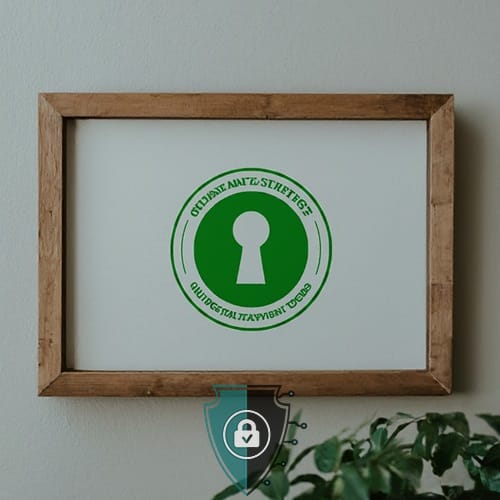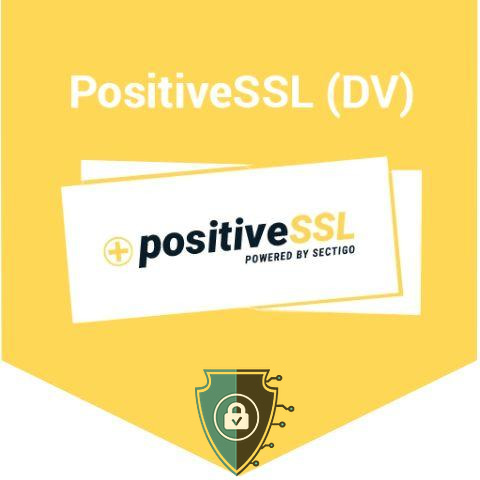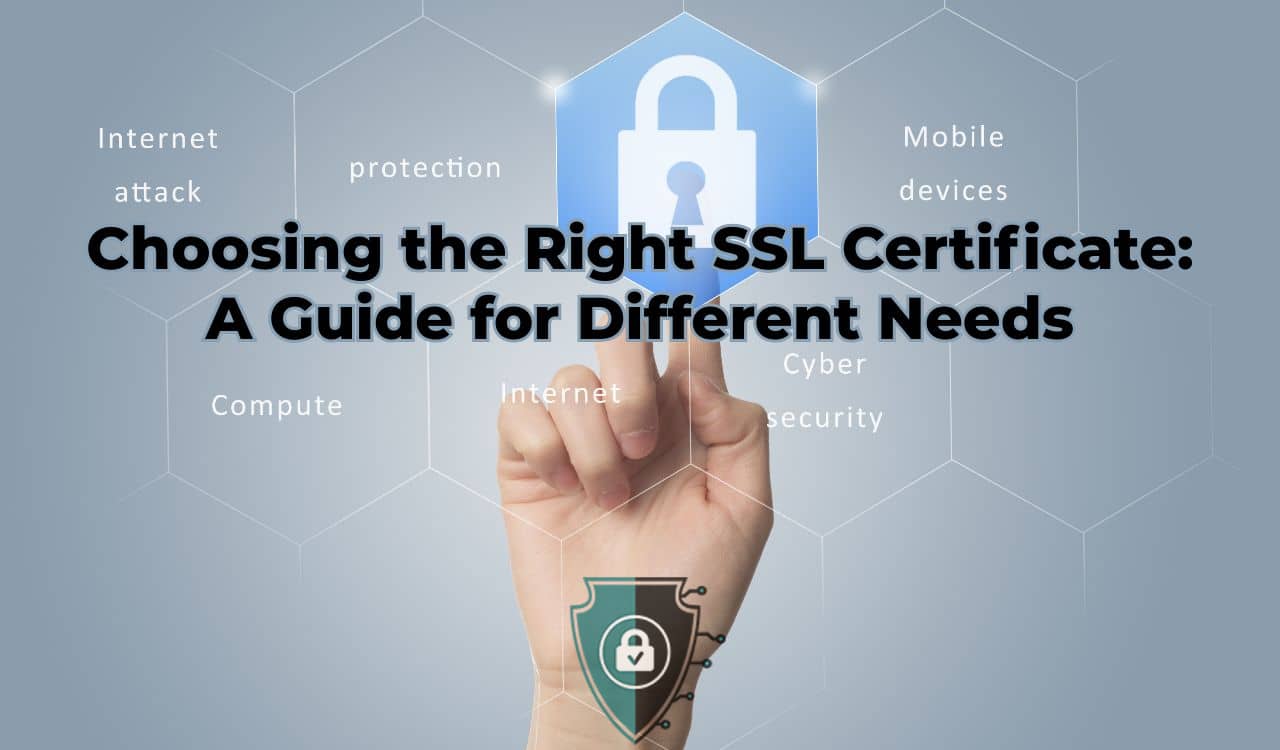Your cart is currently empty!
In the digital age, where online security is paramount, securing your website with an SSL certificate is no longer a question, but a necessity. But with so many different types of SSL certificates available, navigating the options can feel overwhelming. Worry not, internet friend! This comprehensive guide will break down the different types of SSL certificates and help you choose the perfect one for your specific needs.
First things first, what is an SSL certificate?
Imagine an SSL certificate as a digital handshake between your website and its visitors. It verifies your website’s identity and encrypts sensitive data like passwords and credit card information, ensuring a safe and secure browsing experience for everyone. Not only does this build trust with your users, but it also improves your website’s search engine ranking and keeps you compliant with data privacy regulations.
Now, let’s explore the different types of SSL certificates and their unique perks:
- Domain Validation (DV): The most basic and budget-friendly option, DV certificates verify that you control the domain name. They’re ideal for personal websites, blogs, or portfolios where sensitive data isn’t a major concern. Think of it as a quick introduction, establishing your legitimacy at first glance.

- Organization Validation (OV): Taking things a step further, OV certificates go beyond domain control and confirm the legal existence of your organization. This involves a more thorough verification process, resulting in a green address bar padlock and company information displayed in browsers. Ideal for e-commerce stores, financial institutions, and businesses handling sensitive information, OV certificates add a layer of trust and authority to your online presence.

- Extended Validation (EV): The ultimate trust badge, EV certificates display the full company name in the green address bar, offering the highest level of assurance to your visitors. Obtaining an EV certificate involves rigorous vetting, guaranteeing your organization’s legitimacy and building unparalleled trust with users. Typically used by banks, financial institutions, and high-profile websites handling highly sensitive data, EV certificates provide the most comprehensive security and transparency.

- Wildcard SSL: Looking to secure multiple subdomains under a single domain name? Wildcard certificates are your golden ticket. They cover all subdomains, meaning you only need one certificate to encrypt your entire website, no matter how it expands. Think of it as an umbrella shielding all your subdomains under its secure canopy.

- Multi-Domain (SAN) SSL: Similar to Wildcard SSL, SAN certificates secure multiple domains (not just subdomains) with a single certificate. This is ideal for businesses with various domains or brands under one roof. Imagine it as a multi-keychain unlocking multiple doors, streamlining your security management.
Choosing the Right Fit:
Now that you’re familiar with the different types of SSL certificates, how do you pick the best one for your website? Consider these factors:
- Website Type: Personal blog? Opt for DV. E-commerce store? OV or EV would be wise.
- Budget: DV certificates are the most cost-effective, while EV requires a higher investment.
- Level of Validation: Do you need basic domain verification or extensive company validation?
- Number of Domains: Secure one domain or multiple with Wildcard or SAN certificates.
Remember! SSL certificates are an ongoing investment. Choose a reliable certificate authority (CA) with excellent customer support and renewal options.
Bonus Tip: Consider managed SSL services, which take care of installation, renewal, and configuration, leaving you free to focus on running your website.
In Conclusion:
Securing your website with the right SSL certificate is essential for building trust, safeguarding data, and boosting your online reputation. By understanding the different types of certificates and their specific benefits, you
Related Products
-
Sale!

PositiveSSL (DV)
₹1,450.00/year Select options This product has multiple variants. The options may be chosen on the product page
